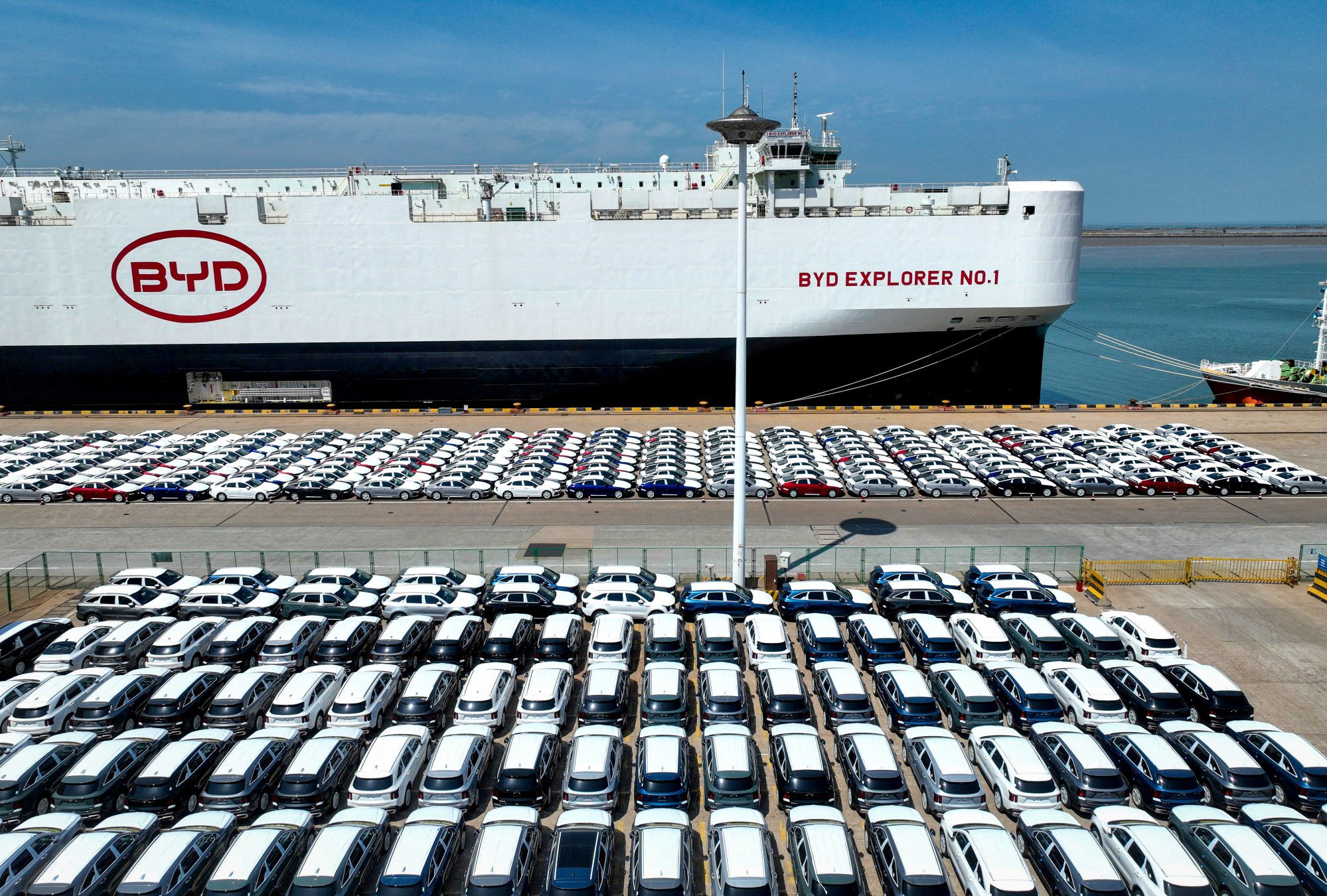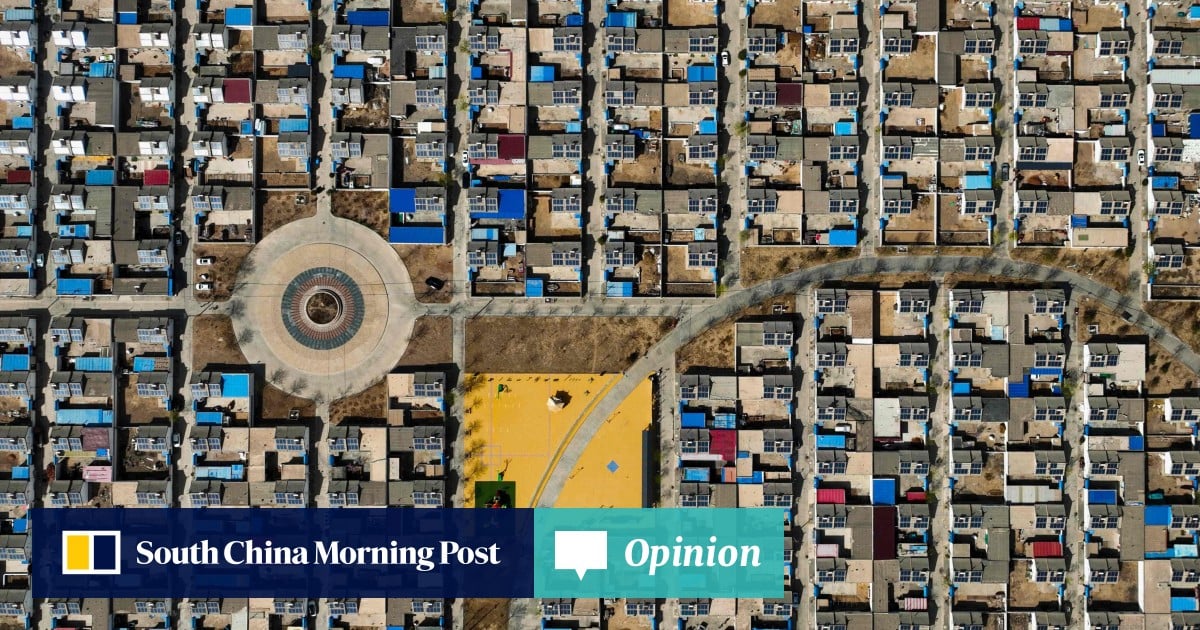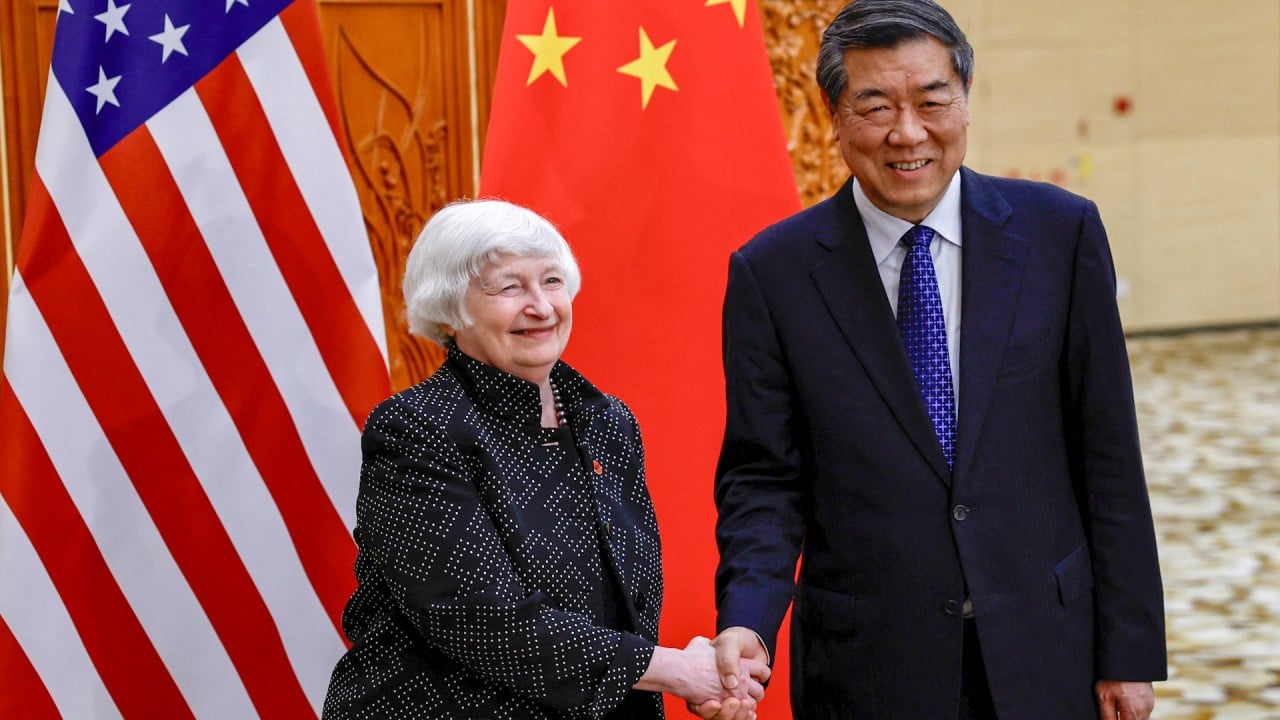Lu Feng, emeritus professor of economics at Peking University, recently shed light on the dimensions of the current wave of overcapacity. He pointed to sectors including petrochemicals, semiconductors, autos, new energy vehicles and batteries.
For instance, Chinese exports of lithium-ion batteries surged more than 30 per cent year on year in 2023. In the same year, China also exported 1.2 million electric vehicles, 80 per cent more than a year ago.
The rapid growth of China’s EV exports, in particular, has driven discussions on Chinese overcapacity. Fuelled by geopolitically charged mistrust, these concerns have been amplified into a chorus of anxiety.
However, the current narrative of Chinese overcapacity sounds rather similar to that during the global financial crisis of 2008, as China’s 4 trillion yuan (US$580 billion) stimulus package led to expanded industrial input and concerns over Chinese exporting overcapacity.
Yet, history reveals that this state of affairs was short-lived, and that the hand-wringing about overcapacity was unnecessary. Global demand quickly recovered in 2010, as exports grew 14.5 per cent, a rebound from the 12 per cent fall in the previous year. And concerns about China’s capacity began to dissipate.
It became evident that the outcry about overcapacity was largely inspired by the global economic slowdown and diminished market demand rather than inherent flaws in China’s industrial model.
Fast-forward to 2024, and the global economic landscape is marked by geopolitical turbulence, and international trade dynamics are unfolding differently.
Despite this, international demand has shown noticeable resilience, and forecasts indicate a gradual recovery in global trade. The world electric vehicle market, in particular, is witnessing exponential growth, with sales soaring 35 per cent year on year in 2023 and projections indicating further expansion.

Similarly, the solar panel market presents immense growth potential, with the International Energy Agency (IEA) forecasting that global demand for new photovoltaic installations will reach 820 gigawatts, about four times that of 2022, if the goal set by the Paris Agreement is met.
The global market’s green appetite is huge and dwarfs the capacity of suppliers. To achieve the climate goals outlined in the Paris agreement, substantial investments in clean energy are imperative – according to the IEA, US$4.5 trillion would be needed per year, yet renewable energy spending in 2023 is expected to be only US$1.8 trillion.
The gap between required investment and actual expenditure underscores the need for highly cost-effective products, advanced technologies and efficient resource allocation. It is impossible for China to tackle the climate challenge alone.
Instead of addressing so-called overcapacity, we need global collaboration across industries and sectors to increase the momentum of the global sustainable economy.
As the world transitions to environmental technologies, maximising the capacity of green suppliers is critical in combating climate change. Rather than resorting to finger-pointing and protectionism, fostering cooperation among all stakeholders – manufacturers, researchers, suppliers, investors and consumers – is paramount.
Why it is in the US’ own interest to work with China on EV production
Why it is in the US’ own interest to work with China on EV production
China, with its diverse industrial capabilities, plays a pivotal role in the global manufacturing landscape, accounting for about one-third of the world’s manufacturing output.
Viewed within the framework of economic globalisation, China’s capacity is indispensable to meeting international demand. Moreover, an integrated global market not only requires diverse participation but also offers mutual benefits, fostering a win-win scenario for stakeholders.
In conclusion, the narrative surrounding overcapacity in China must be contextualised within the broader framework of sustainable industrial growth and global collaboration.
As the world embraces the green transition, leveraging collective capacities and resources is imperative in addressing the challenges posed by climate change. Instead of fragmentation, concerted efforts towards cooperation and innovation will pave the way for a more resilient and sustainable future for all.
Wang Huiyao is the founder of the Centre for China and Globalisation, a Beijing-based non-governmental think tank


